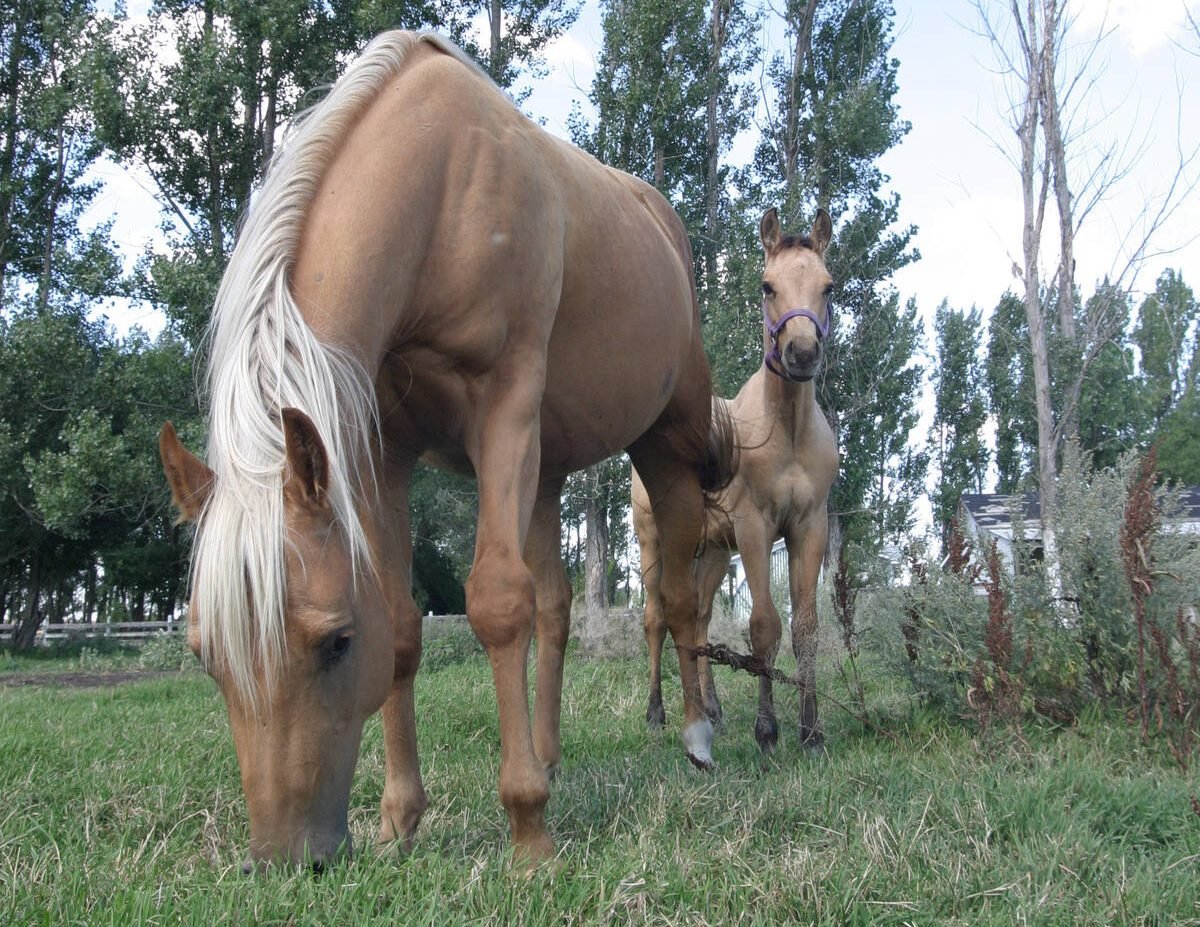Bipole III is a crucial investment in our province’s economic future, an investment that will support hydro exports, improve reliability and keep our hydro rates among the lowest in North America.
The route that was picked for Bipole III has the least impact on agricultural land. The total easement required is only (30 sq. kilometres), with nearly 70 percent of the route on crown land.
Diagonal crossings were avoided where possible, with the line running along roadways and half-mile lines. There are no residences or livestock barns located within 50 metres of the preliminary preferred route.
Read Also

Growth plates are instrumental in shaping a horse’s life
Young horse training plans and workloads must match their skeletal development. Failing to plan around growth plates can create lifelong physical problems.
Landowners will be able to continue farming the land under the transmission line as they have prior to any towers being erected and still be eligible for compensation.
Doug Chorney, president of the Keystone Agricultural Producers, described the new proposal for compensation as a significant improvement. He toldThe Western Producer,“So they’re actually paying you more than it’s worth. And you still own the land.”
It is unfortunate that some individuals are politicizing the much-needed Bipole III, rather than working to protect Manitobans from the possibility of rolling blackouts and export losses.
(Progressive Conservative party leader) Hugh McFadyen is continuing to mislead Manitobans about Bipole III, which won’t cost taxpayers one cent. McFadyen is throwing around numbers that don’t add up. We can only conclude that he wants to do with Manitoba Hydro what the Tories did with MTS in the 1990s – privatize it.
Our government will keep Manitoba Hydro strong and publicly owned so that all Manitobans, including our agricultural producers, will have access to reliable, green power at affordable rates.
Rosann Wowchuk,
Minister responsible for Manitoba Hydro,
Winnipeg, Man.














